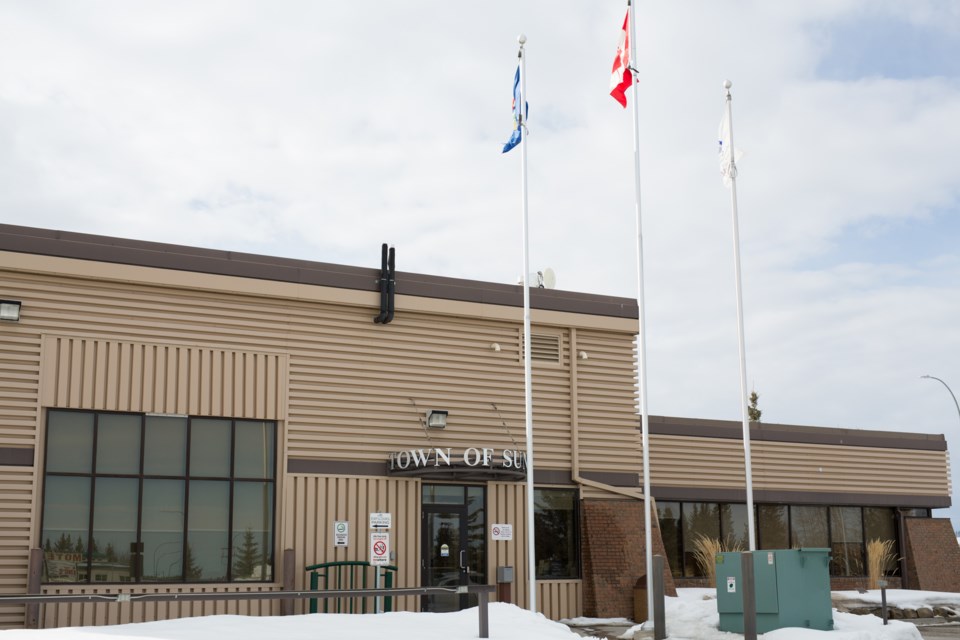SUNDRE – Sometimes, no news is good news.
So members of council must have been pleased to hear at the regular Monday, Dec. 18 meeting during an administrative report that the municipality did not trigger any issues in a Municipal Affairs process that provides a report on municipal indicators.
According to background information outlined in council’s agenda, municipal indicator reports are a proactive warning tool for municipalities prepared on an annual basis by Alberta Municipal Affairs, which calculates an aggregate performance measure using financial, governance and community indicators and then provides the results of the previous year to each municipality.
“The indicators provide each municipality and the department with useful information and help to highlight emerging challenges,” reads part of the background.
“Specific aspects of a municipality’s governance, finances, or community are weighed against defined benchmarks to provide a general indication of acceptable risk.”
In the event a critical indicator is flagged requiring an auditor or ministry intervention, or three or more of the 11 non-critical indicators are flagged for three consecutive years, the ministry may contact the municipality to discuss additional support that may be needed.
But that’s a bridge the Town of Sundre won’t have to worry about crossing any time soon, as the municipality did not flag any of the indicators for the 2022 fiscal year.
Municipalities that do end up getting flagged as a result of the municipal indicator report are publicly reported on the provincial government’s website.
After administration’s brief report to council, mayor Richard Warnock sought clarification on one of the figures presented in Sundre’s report regarding the municipality’s tax collection rate of 90.74 per cent.
“Where’d the rest go; what happened to the other nine per cent?” Warnock asked.
Chris Albert, director of corporate services, said that question is commonly asked by auditors as well, and went on to explain it pertains to uncollected tax balances.
“The main thing that I tell the auditors, is we have very, very little risk of not collecting taxes. It could take a little longer to collect taxes, but there is the tax-recovery legislation that spells out a lot of things including and up to tax sale,” Albert said.
“At some point in time, we do always get the money that is owed to us.”
Without calling attention to any specific addresses on the tax roll, Albert informed council there are a couple of “significant properties that are currently in significant tax arrears that will be going onto the tax sale list in 2024. So, there’s a handful of properties that have caused this and they will be rectified in the next couple of years.”
The mayor also sought further clarity on another reported percentage of 60.21 under the heading of infrastructure age, which Warnock said he was under the impression was facing a larger deficit.
“That percentage is a little harder to explain; our existing infrastructure is older than that,” said Albert.
Describing the calculation involved as “a little convoluted,” the director of corporate services said that to his understanding, Municipal Affairs factors in a municipality’s netbook and depreciated values. But when a new asset is added, the calculation tends to skew the percentage toward showing newer infrastructure.
With respect to the report’s format that outlines a snapshot of the overall picture, Coun. Todd Dalke said it felt like a Post-it Notes version and asked if more context was available.
“This is the only report that Municipal Affairs provides to us,” said Linda Nelson, chief administrative officer, adding a request for a more comprehensive report could be submitted to Municipal Affairs.
Nelson added Municipal Affairs does not provide detailed reports to municipalities that did not raise any flags.
“It’s when they do flag that the report becomes more in-depth,” she said.
Council carried a motion accepting the report for information.



